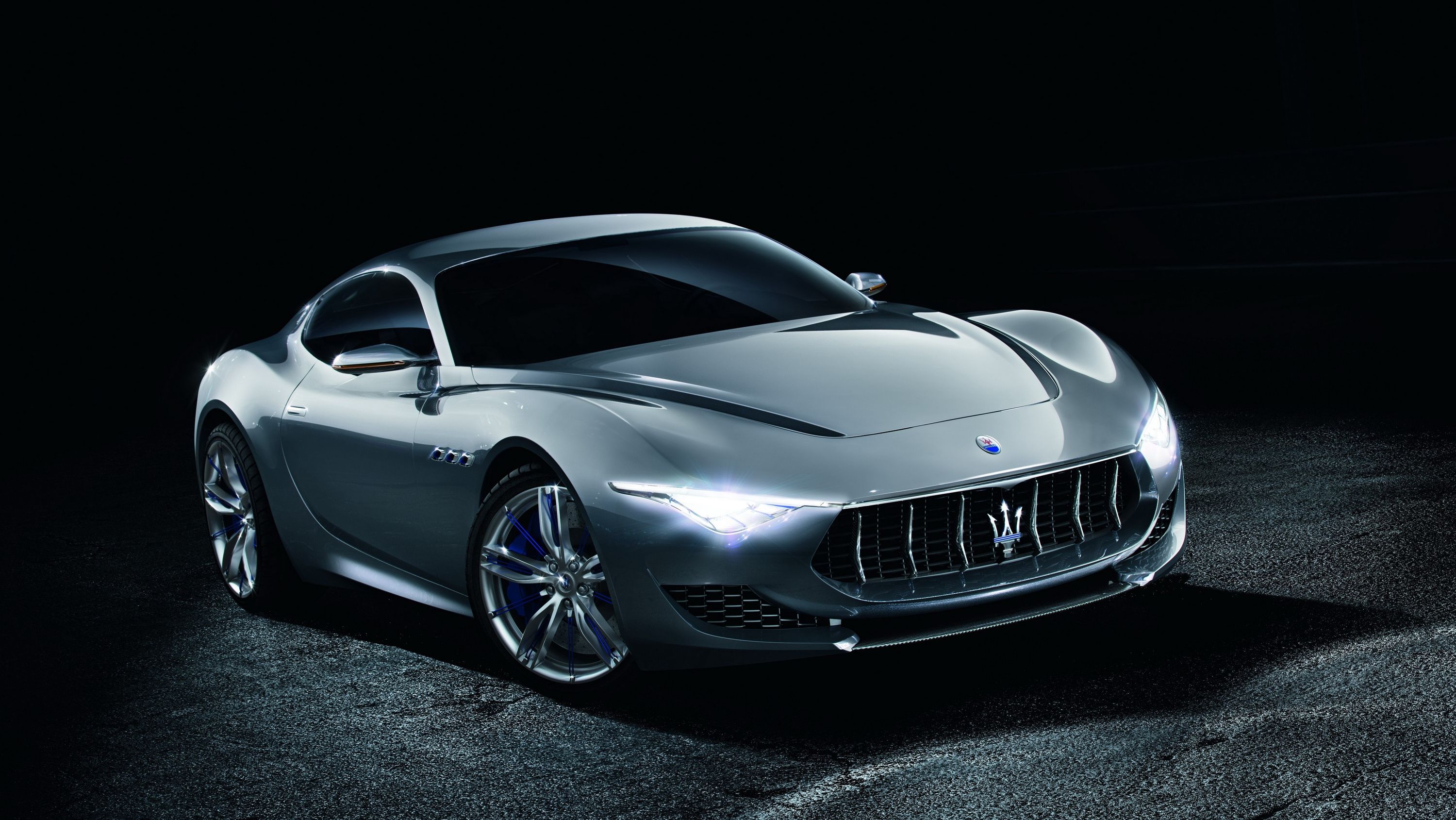Like a lot of automakers in the industry today, Maserati is joining the electric car revolution. It just won’t subvert itself to the timetable of its rivals. That was the sentiment shared by Maserati’s engineering boss Roberto Fedeli in a recent conversation with Car and Driver, According to Fedeli, the Italian automaker has received an edict from parent company Fiat Chrysler Automobiles to release a Maserati EV “as soon as possible.” That’s all well and good from Maserati’s point of view, but circumstances surrounding the development of the Maserati EV puts the company’s timetable to begin development of the car in 2019.
When it does arrive, don’t expect it to be branded as a rival to Tesla, or any of the other models that premium automakers like Audi, BMW, Mercedes-Benz, Jaguar, and Lexus are expected to already have by that time. The Maserati EV will be “specialized and low volume,” potentially hinting that it could be one of the most premium options of any EV that’s in the market by 2020. “We will be last (with a production EV), and we have to arrive to the market with something different,” Fedeli said, before adding, “Very different.”
The stretched timetable is something the company admits could be an issue, but it also knows that it can’t compromise the performance roots of Maserati just so it can accommodate an EV into its lineup. Certain features like luxury and sound are two of Maserati’s calling cards and the company’s future EV model needs to at least have both that meets the Italian automaker’s standards.
Fortunately, the three- to four-year timetable gives Maserati enough time to address these issues. It’s doing so at the expense of being one of the last premium brands to launch an EV, but if it means having a Maserati EV that stays true to the company’s ethos, then it doesn’t matter if it’s late as long as it remains a true Maserati.
Continue after the jump to read the full story.
Two schools of thought
There’s a part of me that thinks that Maserati could put itself behind the eight ball if it waits too long before jumping into the EV market. By 2020, a number of its competitors already have their EV models in the market. Some might even have more than one offering, which makes it even more difficult for a company launching its first EV model. It’s even more difficult to gauge how Maserati’s strategy unfolds considering that the company isn’t particularly known for being a big brand that can match resources with the likes of Audi, BMW, and Mercedes-Benz.
On the other hand, there’s also a part that thinks the company is playing it smartly, even at the cost of a delayed release. This strategy gives Maserati the advantage of time and observation on how the topography of the EV market sets when all the other brands release their models. A lot of these companies, for better or worse, are developing their EV programs without a clear understanding of what the landscape is going to look like in a few years. That landscape could shift in a lot of different directions depending on a number of circumstances, including government regulations and development and technological processes.
There are so many factors to really consider that at the end of the day, it’s hard to judge whether Maserati is right in taking a slow approach in the development of its EV model. The good news is that whatever happens, it’s under orders from FCA to join the EV market. That’s the really interesting part and whatever it does come up with, we’re all going to be waiting with baited breath to see what this model is going to look and sound like.
Read our full review on the 2017 Maserati Quattroporte here.

